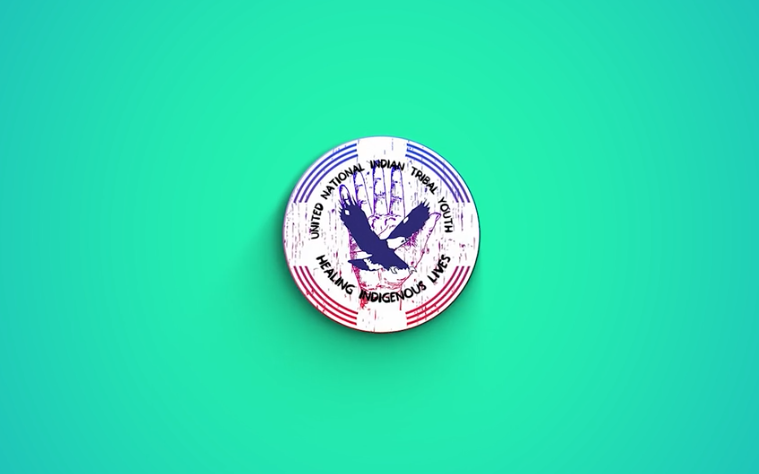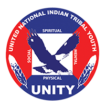
Save the Date: February 2, 2022 at 2 pm (MST) LIVE with the UNITY Peer Guides will take place on UNITY’s Facebook page.
OJJDP launched the Healing Indigenous Lives Initiative with United National Indian Tribal Youth, Inc. (UNITY) in 2018 to increase youth engagement among American Indian and Alaska Native youth on public safety issues, with a focus on juvenile justice and delinquency prevention. Feedback from the town hall sessions aims to fill a sizeable gap in research on the perspectives of Native youth and will play a significant role as tribal leaders work to promote the development of their youth members. The report includes numerous excerpts from participants’ responses and is supplemented by videos from the peer guides addressing the effort’s themes.
High Dropout Rates: During the Town Halls, Native youth expressed many reasons why education disparities were a community concern. Some of the common concerns brought up include: Transportation to school is difficult in remote areas Lack of resources for students No wifi or Internet for remote schooling Culture Shock in education, when moving schools Native youth being misdiagnosed as special needs Language barriers, if not fluent English speaker Educational inequity, switching from reservation schools to public schools.
Mental Health Awareness and Coping Tools: During the Native Youth Town Halls, the most common answer that youth gave for addressing their community needs was to support Native youth mental health. Too often mental health and justice are kept in separate departmental boxes when our communities don’t work like that. Native youth share that every juvenile offender is in need of mental health resources. “Mental health is a vitally important topic, particularly now as the coronavirus pandemic is afflicting our communities, I’m proud to see our Native youth speaking before Congress, sharing their insight on what can and should be done to protect Native lives.” – Mary Kim Titla, UNITY Executive Director
Law enforcement: While not all Native youth feel safe around police officers in their communities, there was a common theme across the different regions during the Town Halls on how law enforcement and community support agencies made them feel secure. Many Native youth listed the police as both a challenge and a community strength to public safety in responses submitted from all the Town Halls. Some youth listed “police violence” and “racist police” as the root cause of them feeling unsafe. When even one youth feels unsafe, it is our responsibility to address the challenge. Both views on community safety are important to validate and acknowledge. This reflects the diversity in tribal communities’ relationships to their law enforcement, which varies on and off Indian reservations, and rural and urban communities.
Restorative Justice: Native youth voiced their concerns about the focus of punishment on juvenile offenders rather than rehabilitation or what is often referred to as a “healing journey.” Overall, healing and personal accountability are a community priority, which is seen to help restore wellness to offenders and victims, their families, and clans. UNITY Peer Guides agree that in First Nation, Alaskan, Native Hawaiian, and Native American justice, healing, along with reintegrating individuals into their community, is paramount. Native worldviews focus more on community healing than throwing away people’s lives through incarceration. It has created a generational void that results in more cyclical challenges.
Culture As Prevention and Intervention: The Native youth Town Halls have shown that keeping native youth involved in their culture will impact how they think and act towards the community and broaden their outlook on life. UNITY Peer Guides know that our culture is synonymous with leadership, which can potentially inspire the way the native youth carry themselves. This is powerful and can help push them to become our future leaders. For many, these cultural programs are a getaway place for them, when their home life is troubled. Culture is the key.
In partnership with The Office of Juvenile Justice and Delinquency Prevention (OJJDP), UNITY hosted four virtual Town Halls under
its Healing Indigenous Lives Initiative (HILI) program. HILI supports and enhances Native youth engagement, coordination, and action related to juvenile justice and delinquency prevention in Indian country. The Town Halls were open to Native youth ages 14-24 years old and were facilitated by UNITY Peer Guides from each of the four-time zones. Youth shared stories and discussed topics, including the significant impact of family incarceration, and dropping out of school. As a result, Youth Councils across the nation are learning how to develop personalized plans to create safer communities.

